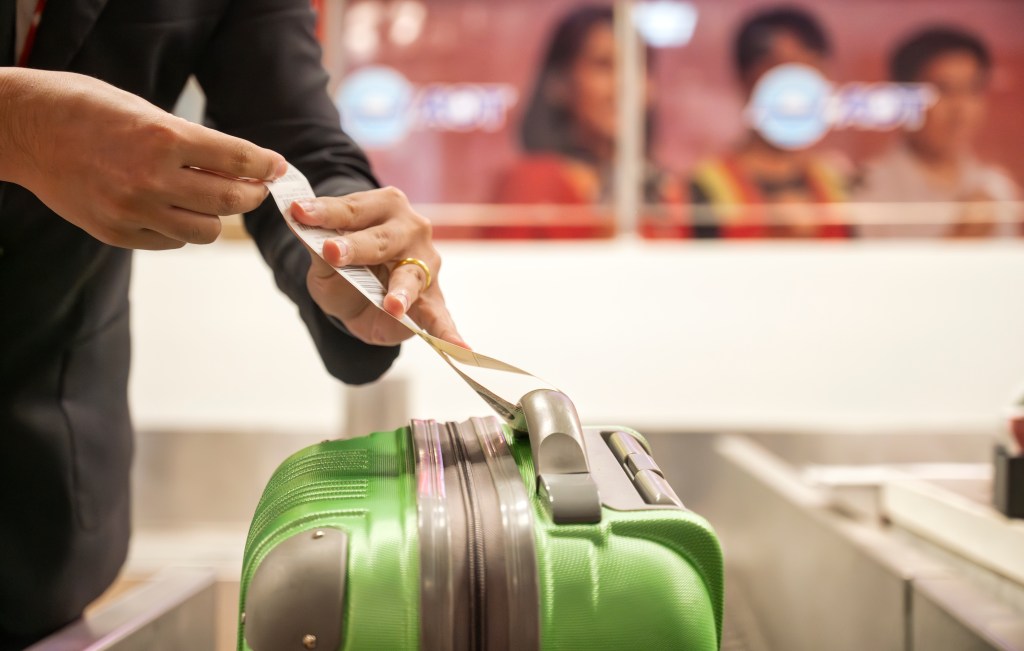When a city, Business Improvement Area (BIA), nonprofit, or production partner approves a parade route, street fair footprint, or music festival, they’re assuming significant risk. From bustling crowds to live performances, these events involve countless moving parts, and one unexpected incident can lead to costly claims, jeopardize permits, and derail programs.
That’s why event insurance is essential. Understanding event insurance costs and the right insurance cover ensures protection for spectators, participants, and the municipality itself. Whether it’s a street festival or a music festival, event insurance creates a safety net, so celebrations stay joyful, secure, and financially protected.
Street Festival Insurance: Core Liability for Crowds and Public Spaces
Managing large gatherings means managing risk, and event insurance coverage is key. Event general liability coverage responds to third-party injury and property damage that can occur in crowded sidewalks, curbside viewing areas, and busy vendor aisles. With thousands of attendees and multiple attractions, even minor mishaps can escalate quickly.
Crowd control and barricade risk also matter, as inadequate barriers or poor flow management can lead to accidents and claims. Liability limits start at baseline levels but vary depending on expected attendance, footprint size, and higher-risk features on the event map. Choosing the right event insurance coverage ensures your celebration stays protected from start to finish.
Permits, Municipal Requirements, COIs and Insurance Cover
Securing the right permits is only half the battle; meeting municipal insurance requirements is just as critical. Most cities require an insurance policy and a certificate of insurance (COI) that names the municipality as an additional insured, with specific limits and coverage dates that include setup and takedown periods.
These coverage options must align with road closure and route permits, staging times, and even pre-event rehearsals to avoid compliance issues. Properly structured endorsements ensure your event—and other special events- run smoothly without last-minute surprises.

Parade Vehicles, Floats, and Processions
Parade processions bring unique challenges, introducing moving hazards around spectators, barriers, and intersections. Proper planning is essential to minimize risk when people gather in large numbers. Parade insurance provides coverage for accidents involving floats and escort vehicles, while clear route control ensures safe navigation through crossings and turns.
Addressing crowd control and barricade risk is also vital, poorly placed barriers or inadequate supervision can lead to injuries and liability claims. Event organizers are responsible to coordinate certificates of insurance across all participants and document marshal plans, helping keep the event secure, compliant, and fully protected.
Vendors, Market Stalls, and Food Sampling
Temporary booths may seem low risk, but they introduce exposures like slips, trips, small property losses, and claims tied to food sampling. To protect your event, most venues require vendor insurance, and it’s your company’s responsibility to enforce these requirements. Confirm that every stallholder carries an insurance policy that can provide coverage for accidents and property damage.

Don’t overlook food sampling liability, as even minor incidents can lead to costly claims and vendors being held liable. Setting property limits that reflect peak stock and portable POS equipment ensures vendors are safeguarded while keeping your event compliant and secure. For details or assistance, contact your insurance provider to review coverage options.
Stages, Inflatables, and Temporary Structures
Pop-up stages, inflatables, truss systems, and signage bring unique risks to outdoor events. Wind, impact, and installation hazards can lead to costly claims if not properly managed. That’s why special event insurance is essential—it should provide coverage for setup and teardown periods and account for temporary structures and staging throughout the event footprint.
Additionally, verifying rigging standards and addressing rigging and signage liability is critical to prevent accidents that could cause bodily injury. Most insurance policies also require listing additional insureds, ensuring all stakeholders are protected. Anchoring and security measures help keep these structures safe and compliant from start to finish.
Beer Gardens, Tastings, Host Liquor and Additional Insureds

Alcohol service at any event comes with heightened responsibility. Beer gardens and tasting zones concentrate guests and compliance requirements, making risk management essential. Event liability insurance is critical because it helps protect against alcohol-related incidents, while festival insurance coverage provides broader protection for the entire event footprint. Host liquor liability coverage should be part of your insurance policy to address bodily injury or property damage claims.
Additionally, venue compliance plays a major role; permit wording often dictates staffing levels, fencing requirements, and strict ID controls. Aligning these measures with proper insurance coverage keeps your event safe, compliant, and enjoyable for all attendees.
Weather, Postponement, Event Cancellation and Bodily Injury Coverage
Severe weather can force a postponement or full cancellation, driving rebooking costs and vendor refunds. Pair cancellation/postponement options with clear communication plans to protect prepaid commitments and keep sponsors engaged.
Keywords: event cancellation and postponement, weather contingency plans, festival liability insurance
Outdoor events always face the unpredictability of extreme weather, which can force a postponement or full cancellation, leading to rebooking costs, vendor refunds, and disappointed attendees on the big day. Event cancellation insurance is essential to safeguard prepaid commitments and maintain sponsor confidence when plans change unexpectedly. Pair this coverage with robust weather contingency plans to minimize financial risk.
Incorporating festival insurance cover ensures both operational and liability risks are addressed, while clear communication strategies keep stakeholders informed and engaged throughout the event.

Festival Insurance Cover: Right-Sizing Limits, Dates, and Endorsements
The final step in securing event coverage is making sure every detail aligns with your risk profile and municipal requirements. For street festival insurance, match liability limits to crowd size, parade length, and activation density, and confirm that effective dates span from load-in through final strike. A properly issued certificate of insurance (COI) should include additional insured language for municipalities, along with primary/noncontributory and waiver wording to satisfy city, venue, and sponsor agreements.
Understanding what you pay, the cost of coverage, and how premium rates are calculated ensures transparency and compliance. Comprehensive event liability insurance paired with accurate endorsements keeps your event protected and ready for success.
Sources:
https://www.eventinsurance.marsh.com/ca/en/programs/event-liability-insurance/show-festival-recital-parade-carnival-concert-fair-insurance.html
https://www.ticketfairy.com/blog/festival-insurance-101-covering-your-bases-and-reducing-liability
https://www.xinsurance.com/blog/street-fairs-types-liability-risks-and-the-need-for-insurance/
https://esportsinsurance.com/festival-liability-insurance/
https://www.primeis.com/education-center/articles/summer-festival-insurance-a-guide-by-prime-insurance-company/
https://www.frontrowinsurance.com/articles/why-your-summer-festival-needs-special-event-insurance










































